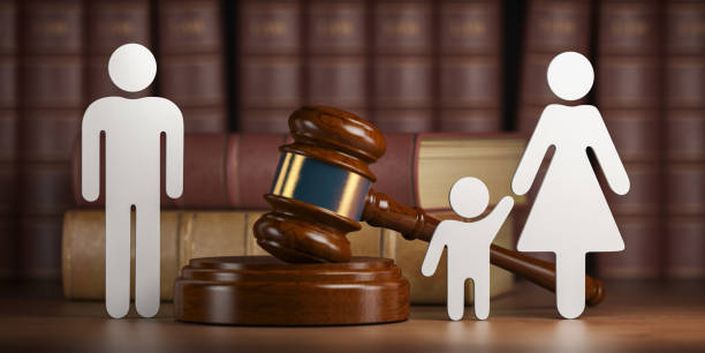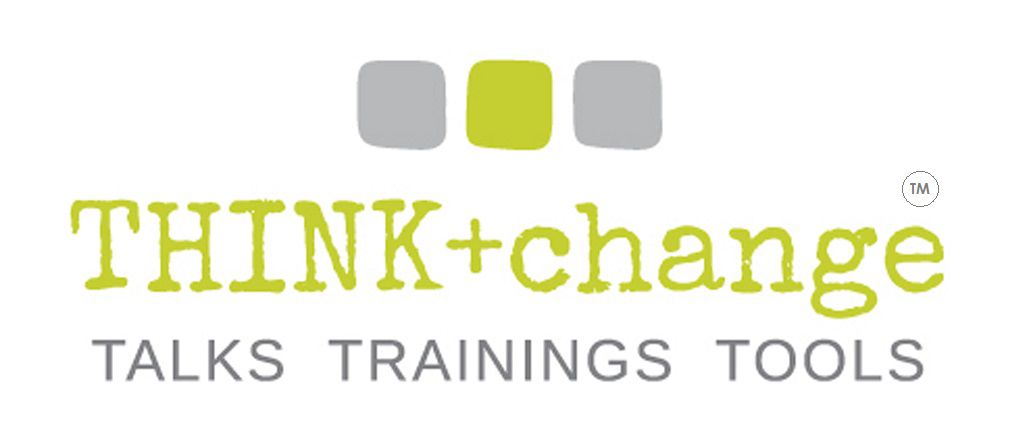
Supporting Youth with Developmental Disabilities Who Enter the Juvenile Criminal Justice System
Explore the ins and outs of the juvenile system, strategies to replace traditional approaches, and how to get help for youth with developmental disabilities who enter the criminal justice system.
We know that our work is never done when it comes to Transforming the Special Education School-to-Prison Pipeline. But, an important topic that we need to consider is what happens when youth with developmental disabilities enter the juvenile criminal justice system? This 1-hour and 15-minute course in partnership with special guests representing three District Attorney offices throughout Colorado will have you leave this course with a better understanding of:
- The ins and outs of the Juvenile Justice System and what to expect;
- Accommodations for youth with disabilities in the juvenile justice system;
- How to get appropriate help for youth with disabilities; and
- Strategies to replace traditional approaches.
What to expect
- A 1-hour and 15-minute, self-paced, video slide-based presentation;
- Erica Dennison from The Arc of Aurora/THINK+change presenting with guest speakers from three Colorado District Attorney's offices: Jessica Radke, Senior Deputy District Attorney for the 1st Judicial District Attorney's Office; Sarah Ericson, Deputy District Attorney for the 18th Judicial District Attorney's Office; and Kali Roundy, Juvenile prosecutor for the 21st Judicial District Attorney's Office;
- Closed captioning in English; and
- Digital Certificate of Completion.
Who should take this course?
- Parents and caregivers of children with developmental disabilities;
- Professionals who work in the developmental disability system;
- Justice professionals; and
- Local law enforcement agency personnel.
This work is made possible through support from the Rocky Mountain Civitan Club, Colorado Developmental Disabilities Council, Arc Thrift Stores, Developmental Pathways, and The Arc of Aurora.
CLE/CEU
Due to the varying requirements of different organizations and disciplines, THINK+change does not seek prior accreditation of educational courses for CLE/CEUs. Please consult the rules of your organization regarding the procedures for receiving continuing education credits. Each course may qualify for up to 1 hour and 15 minutes of CLE/CEU. You will also receive a digital certificate verifying your completion of the course to submit. If you require further verification or have other questions, please contact us.
Your Instructor

THINK+change offers solutions-focused training and education that change knowledge, attitude, and behavior to ultimately improve the quality of life for people with intellectual and developmental disabilities (IDD). THINK+change is a training and education program of The Arc of Aurora which was incorporated in 1975 as an advocacy organization for people with IDD. Since the inception of THINK+change in 2017, the education program has been a trailblazer in disability education and has trained and brought together thousands of people with IDD, their families, and the professionals in their lives who want to keep up with trends and developments in the disability field and grow professionally. All people with disabilities deserve respect and deserve better.
Course Curriculum
-
PreviewIntroduction to guest speakers: Jessica Radke and Kali Roundy (3:21)
-
StartTypes of court (0:45)
-
StartWhat is a Notice to Appear and a Petition? (2:06)
-
StartWhat is a Guardian ad Litem? (0:53)
-
StartWhat should a parent/caregiver expect if their child needs to attend court? (0:57)
-
StartDoes the child and caregiver/parent have rights? (1:40)
-
StartWhen should a parent/caregiver get a lawyer for their child? (2:46)
-
StartIs any kind of lawyer okay? (1:03)
-
StartWhat information can the caregiver/parent provide? (1:26)
-
StartWhat should a parent/caregiver do in court to help their child? (1:26)
-
StartAre there any special considerations for juveniles with developmental disabilities? (1:07)
-
StartWho decides punishment? (1:16)
-
StartWhat happens after the court hearing? (0:38)
-
StartCan a child be transferred to adult court? (0:48)
-
StartWhat advice do you have? (2:07)
-
StartAnything else you would like to share? (2:32)
